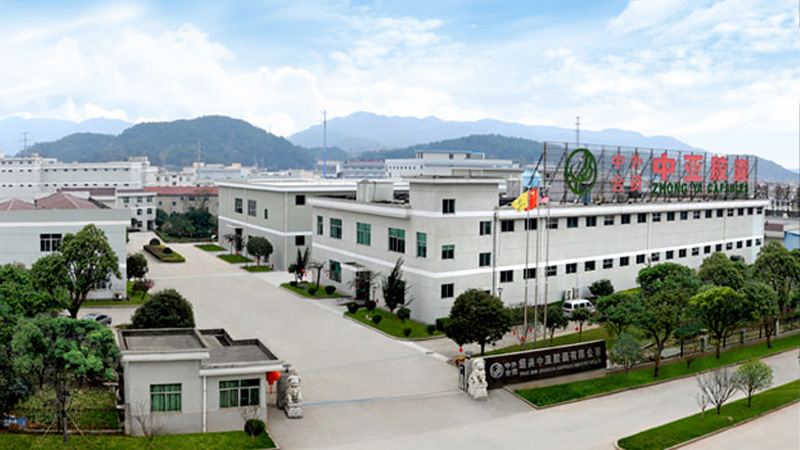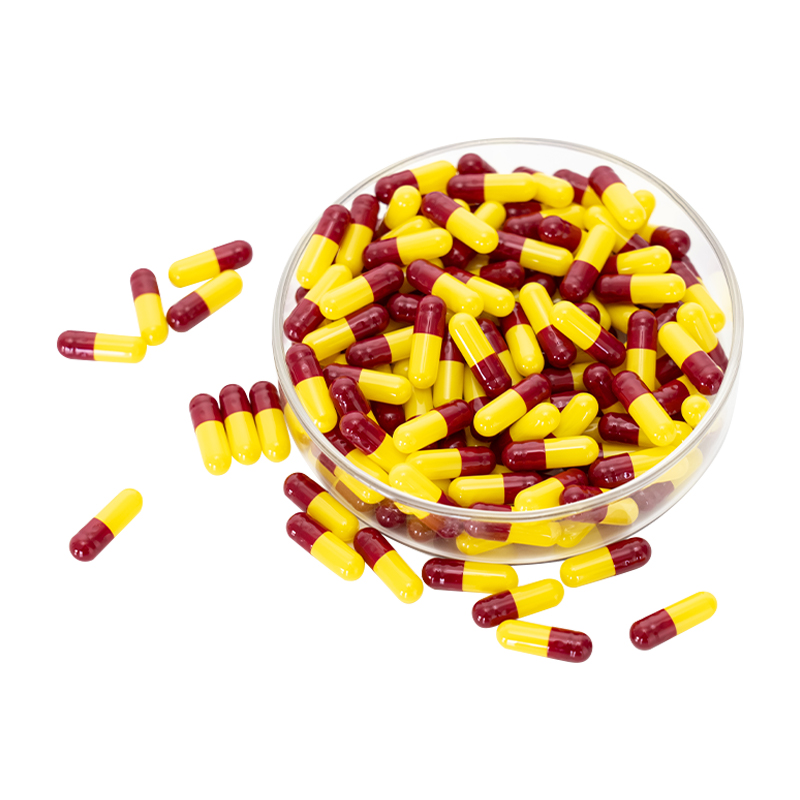Product Consultation
Your email address will not be published. Required fields are marked *


For halal capsule manufacturers, it is absolutely necessary to ensure that every relevant staff member understands and strictly follows the halal law (Halal), and it is the core foundation of the entire production compliance. This is not an optional requirement, but a fundamental prerequisite for obtaining and maintaining halal certification and winning the trust of Muslim consumers.
Specifically, the following points need to be achieved:
■ Training must be in place before taking up the post: All newly recruited workers, whether they work in the workshop, do quality, manage the warehouse, or are responsible for purchasing raw materials, must participate in a special "Halal Code Training" before starting work. This training cannot be a formality, and it must be clearly explained what is halal and what is not (Haram), especially for the special requirements of capsule production.
■ The content must be explained thoroughly and the key points must be grasped: Training cannot only talk about general principles. Several hard bars must be emphasized.
Raw materials: Which raw materials must never be touched? Especially those of animal origin (such as certain gelatin, glycerin, magnesium stearate), must be 100% confirmed to be halal, with reliable certification documents and traceability records. How to identify qualified suppliers? Which raw materials may be risky (such as alcohol extracts, pig derivatives)? Workers must have this in mind.
■Strictly prevent cross contamination: This is the most prone to problems on the production line. It must be repeatedly emphasized that the equipment, pipes, containers, and tools used to produce halal products must never be touched by non-halal things (such as medicines containing pig ingredients or alcohol). The cleaning and disinfection procedures must be strictly implemented. There must be clear regulations on how to wash, what to use, and to what extent to wash to be qualified. Workers must operate according to the procedures and cannot take shortcuts.
It is strictly forbidden to bring in taboo items during the production process: It is absolutely forbidden to bring anything containing alcohol or pig ingredients into the workshop (such as alcohol-containing cleaners, disinfectants, personal medicines, food, etc.). Workers' lunch and snacks cannot be brought into the production area.
■Recognize halal logos and documents: Workers must recognize the formal Halal certification logo on the raw material packaging and know which documents (such as the Halal certificate of the raw materials and the Halal certificate of the manufacturer) must be checked and properly kept.
■Training cannot be done once and for all: Refresher training should be organized at least once a year to consolidate knowledge and remind everyone of key points. Especially when the factory's halal guidelines or related operating procedures change, or when workers find signs of problems in their operations, targeted retraining must be organized immediately to ensure that the requirements are conveyed to everyone.
■Implementing job responsibilities: Everyone in each position must be aware of their specific responsibilities in ensuring the halal compliance of products. For example:
Ingredients workers: must strictly check the halal status of raw materials and report any questions immediately.
Operators: strictly follow the procedures to prevent cross contamination and keep records of equipment cleaning.
Cleaners: must use approved halal cleaning agents and clean thoroughly according to the procedures.
Quality inspectors: must focus on halal requirements (such as raw material review, process monitoring, and finished product screening) as key items for inspection.
Warehouse managers: halal raw materials must be physically isolated and stored from non-halal raw materials (if any) or raw materials that are not certain to be halal, with clear labels to avoid confusion.
■The factory must have a clear management system: The company must formulate a written "Halal Production Management Regulations" to clearly state all requirements in black and white. This regulation is the code of conduct for all behaviors, and workers must be held accountable if they violate it.
■Daily supervision and frequent inspection: The management and quality assurance (QA) department should frequently visit the workshop and focus on checking whether the workers are actually operating in strict accordance with the halal regulations. For example, are the cleaning and disinfection in place? Are the records written in a timely manner? Are there any illegal things brought into the workshop? If problems are found, they must be corrected immediately, and serious ones must be dealt with.
■Cultivate awareness of halal compliance: It is not enough to rely on the system alone, and workers must attach importance to it ideologically. Let everyone understand that following the Halal guidelines is not just working for the company, but a big thing related to the faith of Muslim consumers around the world. If the product is not halal, it will not only damage the factory's brand and lose the halal certification, but more seriously, it may completely lose the entire Muslim market, and the company may not be able to continue, and everyone's job will be gone.
Your email address will not be published. Required fields are marked *
If you would like to learn more about our products, please feel free to contact us and we will do our to assist you.
No.1 Tianzhu 3rd Road, Dufu Town, Xinchang County, Zhejiang Province
86-575 8606 0065
86-159 8825 2009
+86 159 8825 2009
+1 380 215 7432
